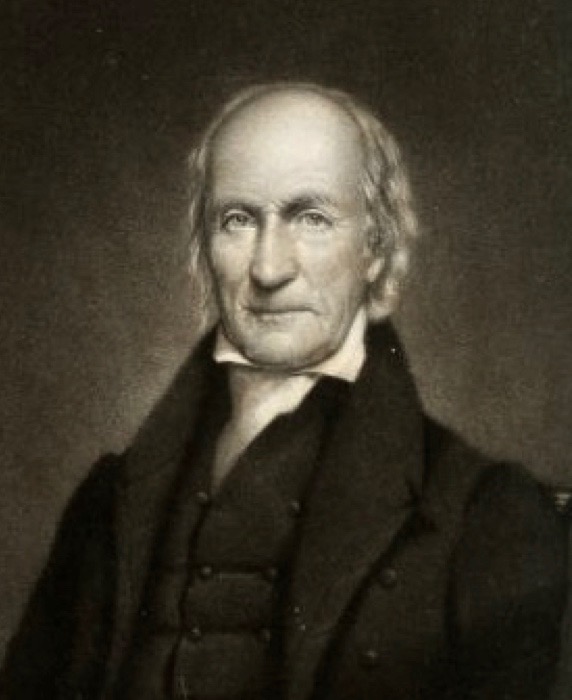The Rights of Conscience Inalienable, and Therefore Religious Opinions Not Cognizable by Law or, the High-Flying Churchman Stripped of His Legal Robes Appears a Yahoo
 John Leland
John Leland
1791
From The Rights of Conscience Inalienable, and Therefore Religious Opinions Not Cognizable by Law or, the High-Flying Churchman Stripped of His Legal Robes Appears a Yahoo:
“[…]Every man must give an account of himself to God; and therefore every man ought to be at liberty to serve God in that way that he can best reconcile it to his conscience. If Government can answer for individuals at the day of judgement, let men be controlled by it, in religious matters; otherwise, let men be free.
It would be sinful for a man to surrender that to man, which is to be kept sacred for God. A man’s mind should be always open to conviction; and an honest man will receive that doctrine which appears the best demonstrated; and what is more common than for the best of men to change their minds? Such are the prejudices of the mind, and such the force of tradition that a man who never alters his mind, is neither very weak or very stubborn. How painful then must it be to an honest heart to be bound to observe the principles of his former belief, after he is convinced of their imbecility? And this ever has, and ever will be the case, while the rights of conscience are considered alienable.[…]”
From pages 10-11:
“[…] Where no toleration is granted to non-conformists, either ignorance and superstition prevail, or persecution rages; and if toleration is granted to restricted non-conformists, the minds of men are biased to embrace that religion which is favored and pampered by law, and thereby hypocrisy is nourished; while those who cannot stretch their consciences to believe anything and everything in the established creed, are treated with contempt and opprobrious names; and by such means, some are pampered to death by largesses, and others confined from doing what good they otherwise could, by penury. The first lie under a temptation to flatter the ruling party, to continue that form of government which brings them in the sure bread of idleness; the last to despise that government, and those rulers, that oppress them. The first have their eyes shut to all further light, that would alter the religious machine; the last are always seeking new light, and often fall into enthusiasm. Such are the natural evils of the establishment of religion by human laws.
2. Such establishments not only wean and alienate the affections of one from another, on account of the different usage they receive in their religious sentiments, but are also very impolitic, especially in new countries; for what encouragement can strangers have to migrate with their arts and wealth into a state, where they cannot enjoy their religious sentiments without exposing themselves to the law? when, at the same time, their religious opinions do not lead them to be mutinous. And further, how often have kingdoms and states been greatly weakened by religious teats! In the time of the persecution in France, not less than twenty thousand people fled for the enjoyment of religious liberty.
3. These establishments metamorphose the church into a creature, and religion into a principle of state, which has a natural tendency to make men conclude that Bible religion is nothing but a trick of state ; hence it is that the greatest part of the well-informed in literature are overrun with deism and infidelity; nor is it likely that it will ever be much better, while preaching is made a trade of emolument. And if there is no difference between Bible religion and state religion, I shall soon fall into infidelity. […]”
Source(s):
John Leland, The Rights of Conscience Inalienable, and Therefore Religious Opinions Not Cognizable by Law or, the High-Flying Churchman Stripped of His Legal Robes Appears a Yahoo (New London, CT: F. Green & Son, 1791), in Green, Second Disestablishment, loc. 1642
 John Leland
John Leland